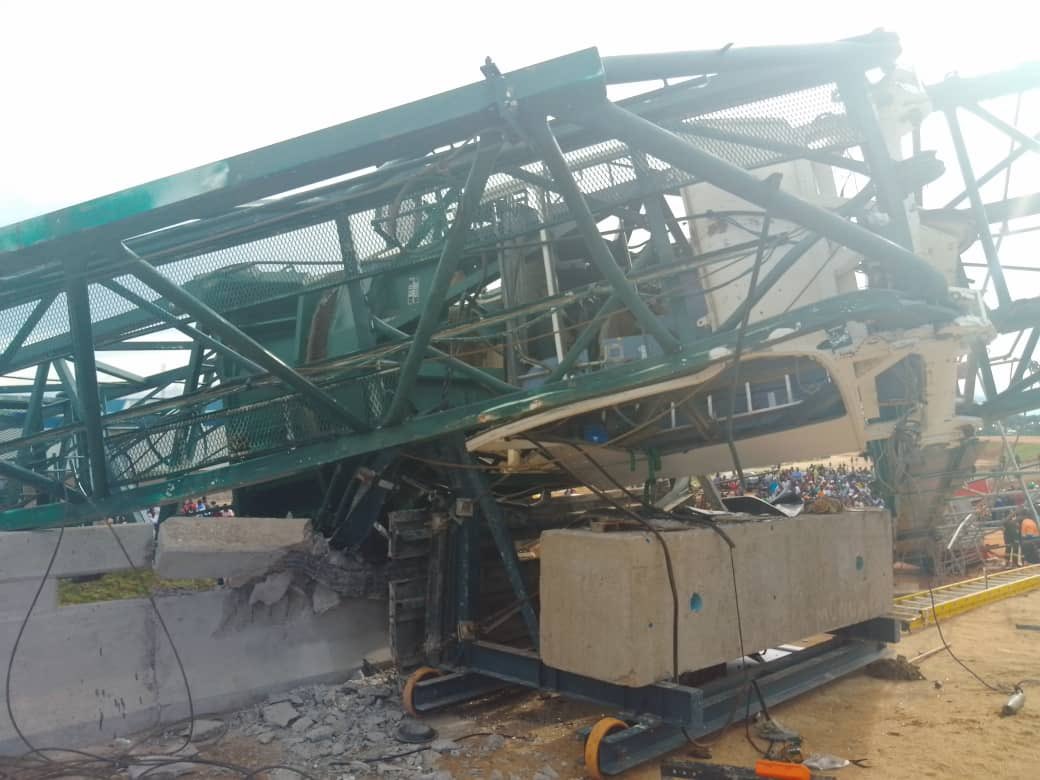HARARE – Zimbabwe Electricity Supply Authority (ZESA) Holdings says it has eased power outages owing to a raft of intervention measures, among them, the coming on stream of Hwange Unit 7 which is now feeding 300MW into the national grid.
This was announced in a statement Tuesday by ZESA Holdings’ general manager for stakeholder relations communication and welfare George Manyaya.
“This achievement was as a result of the implementation of various measures and the stabilization of performance of the Hwange Unit 7 which is undergoing commissioning tests and has been able to supply a full load of 300MW to the national grid in some instances,” Manyaya said.
Zimbabweans have endured crippling power outages that have seen both businesses and households going for up to 16 hours a day without the crucial energy source starting late last year.
The crisis has been blamed on a combination of factors which include failure by authorities to invest on more sustainable energy sources since independence, recurrent breakdowns in the utility’s power generation plants and a significant drop in water levels at the country’s main hydropower source at Lake Kariba.
The decline in water levels owing to inadequate rainfall in the recent past necessitated the suspension of power generation by Zimbabwe and neighbours Zambia at the behest of the Zambezi Water Authority which superintends over the giant water body.
Kariba accounted for 70 percent of Zimbabwe’s power generation supplies.
Zimbabwe’s current average electricity demand stands at 1,700MW against a national supply of around 1,480MW and this includes generation and imports.
Added Manyaya, “Barring unforeseen technical challenges, we expect the electricity supply situation to continuously improve as we ramp up generation at the Hwange Power Station.
“Likewise, a lot of technical processes are ongoing in preparation for the impending synchronization of Hwange Unit 8 which will add 300 MW.”
Manyaya said the power utility has been engaging the Zambezi River Authority to increase its water quota and has been granted the green light but for limited periods.
This is because of improved rains experienced in the recent past.
















